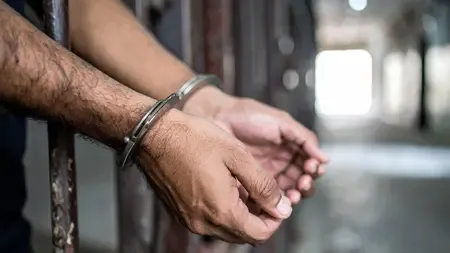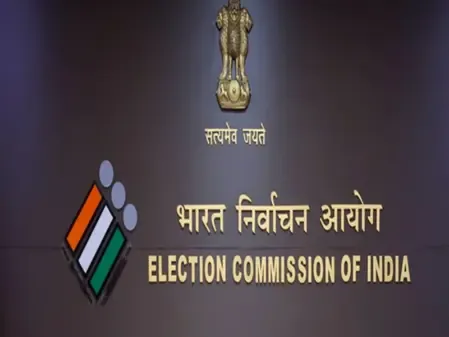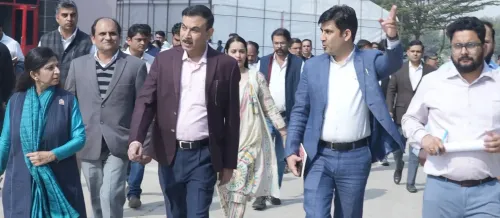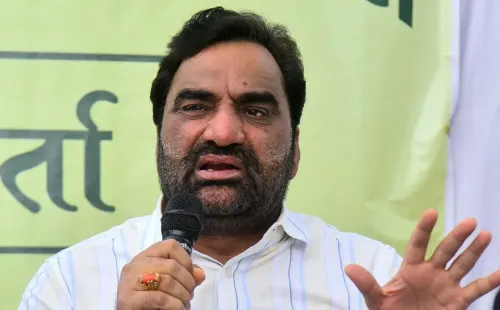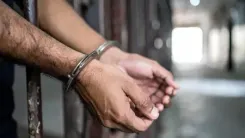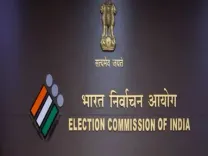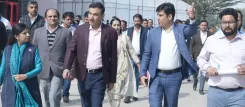What Measures is Gujarat CM Patel Taking Amid India-Pakistan Tensions?
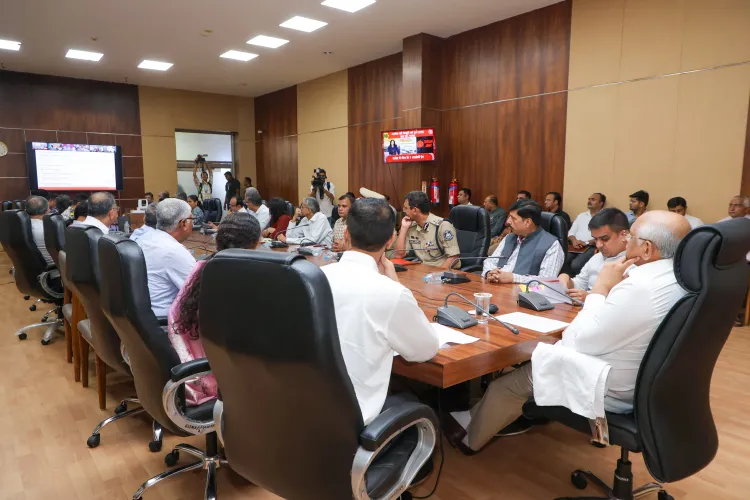
Synopsis
Key Takeaways
- High-level meeting convened to assess security amidst rising tensions.
- Involvement of multiple state and security agencies for coordinated response.
- Focus on sensitive districts bordering Pakistan.
- Proactive measures taken to safeguard citizens.
- Continued vigilance of security forces across multiple states.
Gandhinagar, May 9 (NationPress) With escalating cross-border tensions between India and Pakistan, Gujarat's Chief Minister Bhupendra Patel called for a crucial high-level meeting at the State Emergency Operation Centre (SEOC) in Gandhinagar on Friday to evaluate the state’s security and emergency readiness, especially in sensitive border and coastal regions.
This strategic gathering included senior officials from the Home Department, Disaster Management Authority, and State Police, who updated the Chief Minister on ongoing cooperation efforts and response strategies in light of the increased threats.
Notable participants comprised Minister of State for Home Harsh Sanghavi, Director General of Police Vikas Sahay, Chief Secretary Pankaj Joshi, Revenue Additional Chief Secretary Jayanti Ravi, Relief Commissioner Alok Kumar Pandey, alongside senior representatives from the Border Security Force (BSF), Indian Coast Guard, and military units stationed in Gujarat. Officials from various state departments, district collectors, and police chiefs participated in the meeting via video conference to establish a cohesive response framework statewide.
This security review follows an urgent meeting led by Harsh Sanghavi on Thursday night after three Pakistani drones were intercepted and neutralized in Gujarat’s Kutch district.
Security agencies remain vigilant across Gujarat, Rajasthan, Punjab, and Jammu and Kashmir, as Pakistan continues to provoke tensions following India’s precise missile strikes on terror infrastructure within Pakistan and Pakistan-occupied Jammu and Kashmir, conducted in response to the Pahalgam terror attack that claimed 26 lives.
Additionally, Prime Minister Narendra Modi engaged in a telephone discussion with Chief Minister Patel to evaluate the state's readiness as a frontline border region.
Official sources indicate that Prime Minister Modi was informed about the state’s strategic planning and current security protocols in light of the unstable situation.
The dialogue concentrated on the proactive measures executed by the state administration to safeguard citizens, particularly in sensitive districts such as Kutch, Banaskantha, Patan, and Jamnagar, all of which share land or coastal borders with Pakistan.


